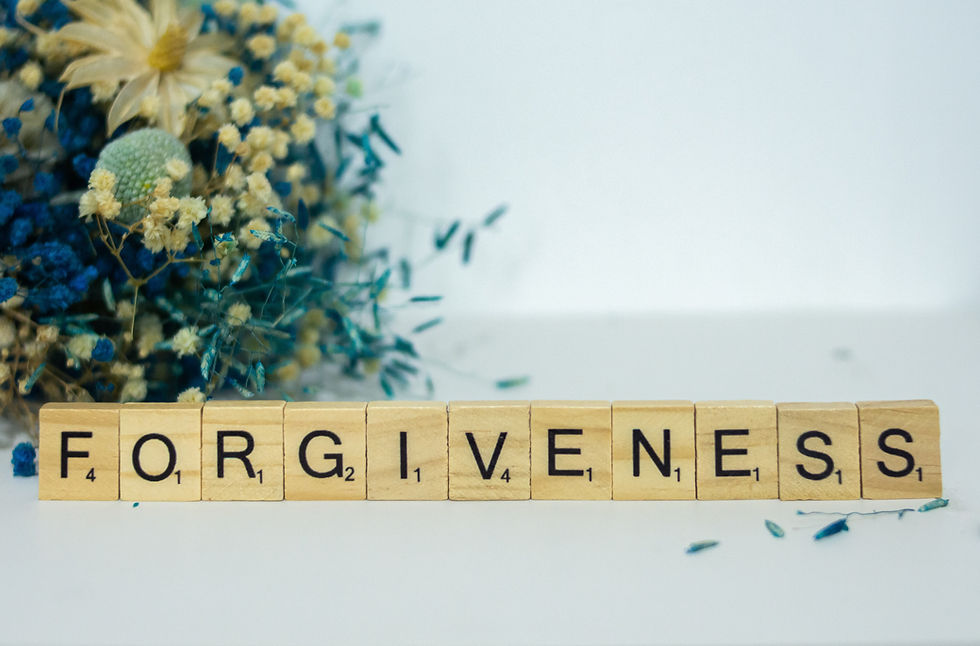Healing Hands in a Restricted World
- Lisa Cresswell

- Apr 17, 2020
- 3 min read
Updated: Nov 12, 2021

Conversational small talk online or across a street now follows the same agenda; how scary it is for those who are ill, how tragic for those who have died and how desperately sad for families deprived of centuries old rituals around grief. Chit-chat about the inconvenience for a generally well and productive workforce is always quickly validated by our common goal; to save lives on a global scale, immediately.
The life or death options are easy to see. What’s less visible is the impact, now gathering attention, on our mental wellbeing.
I see worrying signs already, with a general sadness underneath the stoicism. I know one ritual that could prevent much of it, but it’s one of the restrictions – human contact.
We humans have developed complex ways of expressing emotion through languages and rituals that involve physical contact, whether it’s a warm handshake, a sympathetic hug, or a congratulatory pat on the back. Our skin is our largest organ and it’s very responsive to stimuli.
The warmth of holding someone’s hand is understood as “I care”. It also causes a physiological response with the release of oxytocin which is a bonding hormone that helps us to feel secure, safe and loved. Hugging someone for just 20 seconds triggers this release. Oxytocin negates the effects of stress hormones and has a protective effect on our immune system – so much so that there is evidence that those who don’t have enough human contact tend to die younger. Dopamine is also released, which relieves anxiety. Holding hands has been shown to relieve pain.
‘Touch Therapy’ is a common feature in the care of premature babies. It’s a delicate balance for them though; too much is stressful, the right amount from the right person is hugely therapeutic. Primates spend 10-20% of their day grooming each other. All newborn mammals are in very close contact with their mothers for as long as needed, for good reason – it helps strengthen their bond, enhances physical and mental wellbeing and builds stronger immune systems. There is even evidence from primate studies that refutes the universally accepted order of Maslow’s Hierarchy of needs – baby monkeys often choose a hug over food, even when they are hungry.
We’re currently missing out on this inbuilt physiological ‘medicine’.
All of us are, but our children and most especially our older population who live alone are losing out the most.
So what can we do?
Those who are well, asymptomatic and isolating with close family in their own home should hug those family members more often and for longer.
Holding hands, linking arms and sitting close on the sofa while watching TV should become the new norm if it wasn’t already.
Why not massage your family member’s hands with handcream, or gently rub their forehead. Then have them return the favour.
Those living on their own will get the same benefit from contact with their pet cat or dog.
If there is no pet in the house, holding their own hands is self-soothing – newborn babies do it all the time.
Massaging the parts of your fingers between your knuckles is a known stress-reliever.
So, if you do nothing else this week – make sure to hold someone’s hand, even if it’s your own. It’s crucial for your well-being. You can say I told you to!
All the best,
Lisa.
P.S. Check the link below which outlines the range of options I have put in place to make coaching and resilience development as accessible as possible for all and to suit all budgets.






Comments